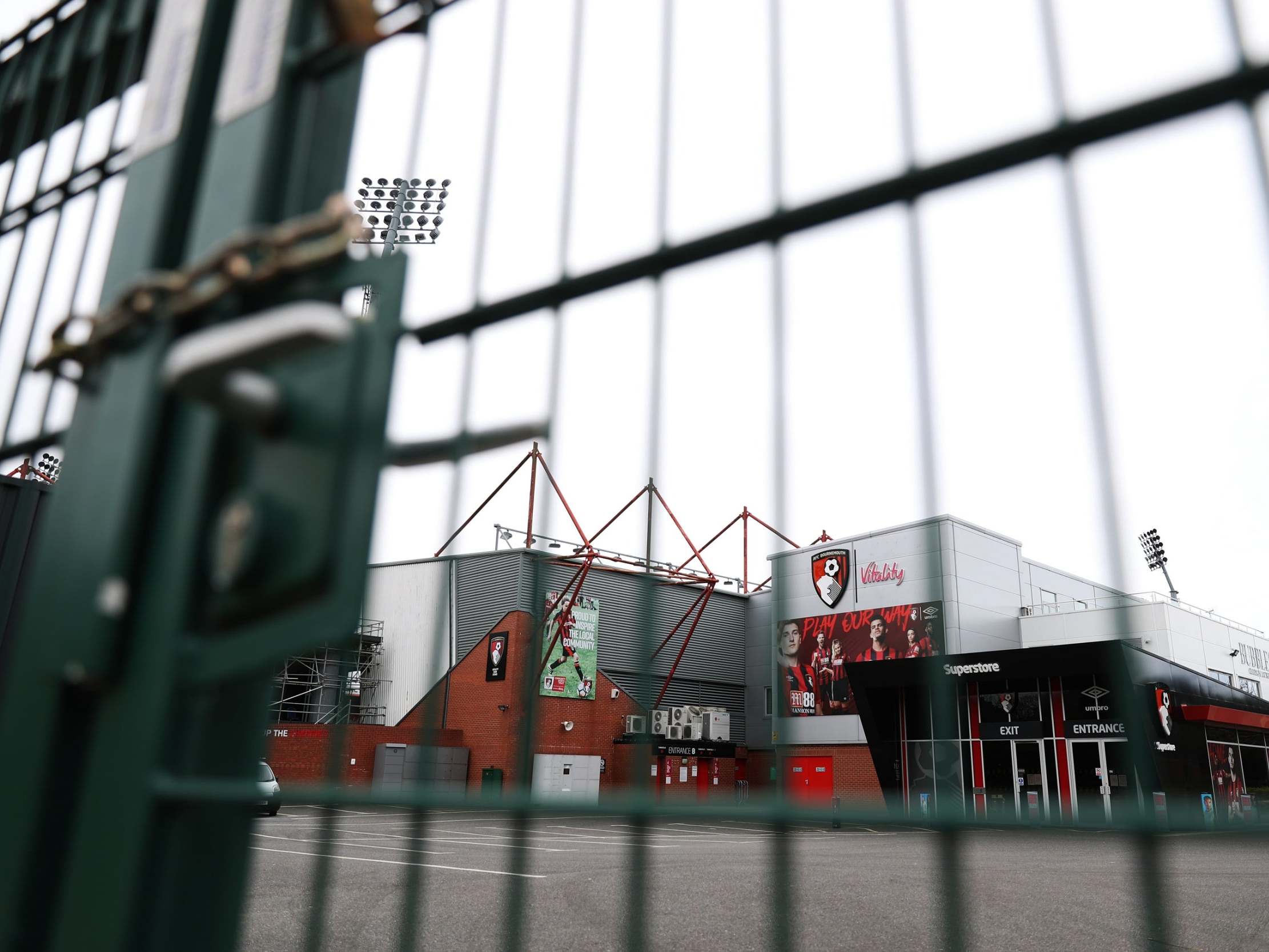Coronavirus: Premier League players don’t want to take a pay cut, says Simon Jordan
The former Crystal Palace chairman thinks footballers need to ‘shift their backsides’

Your support helps us to tell the story
From reproductive rights to climate change to Big Tech, The Independent is on the ground when the story is developing. Whether it's investigating the financials of Elon Musk's pro-Trump PAC or producing our latest documentary, 'The A Word', which shines a light on the American women fighting for reproductive rights, we know how important it is to parse out the facts from the messaging.
At such a critical moment in US history, we need reporters on the ground. Your donation allows us to keep sending journalists to speak to both sides of the story.
The Independent is trusted by Americans across the entire political spectrum. And unlike many other quality news outlets, we choose not to lock Americans out of our reporting and analysis with paywalls. We believe quality journalism should be available to everyone, paid for by those who can afford it.
Your support makes all the difference.Former Crystal Palace owner Simon Jordan has said the reason Premier League players have yet to agree a pay cut is because they do not want to.
Premier League clubs have proposed wage cuts of around 30 per cent for their players, but negotiations with the PFA have hit a stumbling block.
Members are concerned that the money made by their financial sacrifice will not be going to the right places, namely the NHS and public services.
Liverpool and Tottenham, the Premier League’s two most profitable clubs in 2018/19, attracted widespread criticism for their furloughing of staff, though Liverpool have since performed a U-turn.
Jordan insists their actions were in order to force the hand of the players, who “need to shift their backsides”.
“The basic principle behind this is the two most profitable football clubs in English football, Tottenham and Liverpool, are the two clubs who have gone out and made a stance,” Jordan told talkSPORT.
“I don’t understand why Liverpool fans are not more angry with their players not coming to the fore and taking a pay cut.
“The leverage which was being bought by this furlough, Liverpool don’t need £400,000 of savings from furlough, what Liverpool and Tottenham did it for is because they want to leverage the players because the players are not doing what they should be doing, despite the assertions of people, they have done nothing in four weeks.
“The reasons why they haven’t done it is because they don’t want to do it and they are going to have to be made to do it.
“The bigger picture is not about furloughs, it’s about the elephant in the room, why won’t these players come to the fore now, why are they being dragged kicking and screaming by public opinion to take a pay cut.
“What can you do in three weeks? I don’t know, maybe you can build a 4,000-bed hospital in London. But we can’t get 600 players in the Premier League to take a pay cut which is clearly needed to salvage their football club.”
But Professional Footballers’ Association chief executive Gordon Taylor says Premier League players have “agreed to play their part” in helping clubs manage the financial fall-out from the coronavirus pandemic.
The stalemate has seen the players receive widespread criticism, with Health Secretary Matt Hancock calling for them to take a cut.

“They’ve all agreed to play their part,” Taylor told BBC Radio 4’s Today programme, adding that players are “responsible enough” to know wages are a major factor in any club’s expenditure.
“We’ve been consistent with what we’ve said from the beginning and the fact is the players feel quite aggrieved that the Secretary of State for Health should put them in a corner without looking.
“They’re not self-employed, they make massive contributions to the Treasury and they’ve also quite logically felt that if they don’t get that money, if a third is deferred or a third is cut, then the Treasury is £200 million a year worse off and that could be going towards the national health and will be needed.” PA
Join our commenting forum
Join thought-provoking conversations, follow other Independent readers and see their replies
Comments